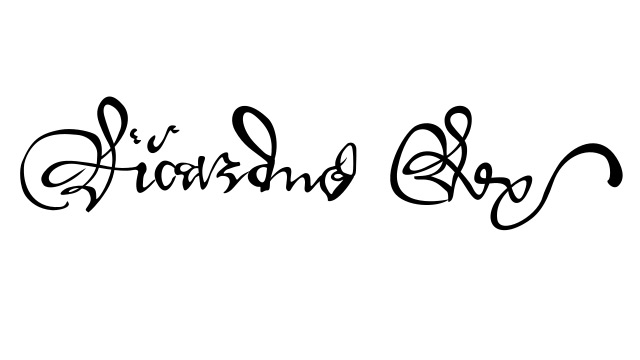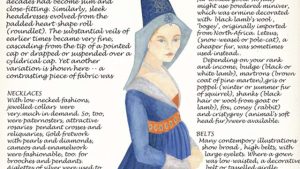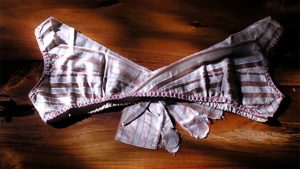
If you read a lot of history, it’s very jarring to find a fictional character in a historical novel given a name that is utterly inappropriate for the time and place, for instance, a German name for a medieval English peasant, or an English nobleman’s title derived from an occupation instead of a place name. John, Duke of Marlbourough is correct, but a fictional name like Thomas, Duke of Cooper is wrong. Cooper is a surname derived from barrel-making. Mind, even the placename rule can have pitfalls. Thomas, Duke of Stow-in-the-Wold doesn’t have the right ring to it either so just be careful.
There are many wonderful, authentic given names, both common and unusual, to choose from when you are naming your characters. Norman names like William, Simon, Stephen, Richard, Robert, John and Henry have stayed with us down the ages, especially as they were the names of kings and noblemen. Naming your child after a strong and powerful ruler was very popular. Elizabeth, Isabelle, Anne and Margaret were extremely common in the fifteenth century and sixteenth century – all names of queens.
Biblical names like Simon and Peter have rarely gone out of fashion but you still have to be careful. I have only found one example of David being used in England in the Middle Ages. It was considered either a Jewish or a Welsh name – Dafydd. James is not often met with in England before King James I’s reign although there was a Sir James Tyrell in the time of King Richard III and plenty, of course, in Scotland. The name Biblical name Phillip probably came into its own in Tudor England when Mary Tudor married Phillip of Spain but it was very popular across in France all through the Middle Ages.
When you do your research, why not make a list of the names you come across in your reading? A swift way of doing this might be to look through the indexes. The biographies of Eleanor of Aquitaine by Alison Weir and Marion Meade will give you an excellent list of noble and ecclesiastical names for Twelth Century characters. For fourteenth century men, a good source is the index to A Distant Mirror by Dorothy Tuchmann.
Books such as P.J.P. Goldberg’s Women in England c.1275-1525, Margaret Wade Labarge’s Women in Medieval Life and Henrietta Leyser’s Medieval Women: A Social History of Women in England 450–1500 contain some fascinating names. Not that I’d want to use Eormengota or Bugga (both abbesses) but Nelle or Letice (1301) might be useful for a maidservant. Perrete (15thC) , Perrin (1425), Aleyse (14thC), Sabine (13thC Londoner) or Laurette (13thC) might be interesting for a heroine.



